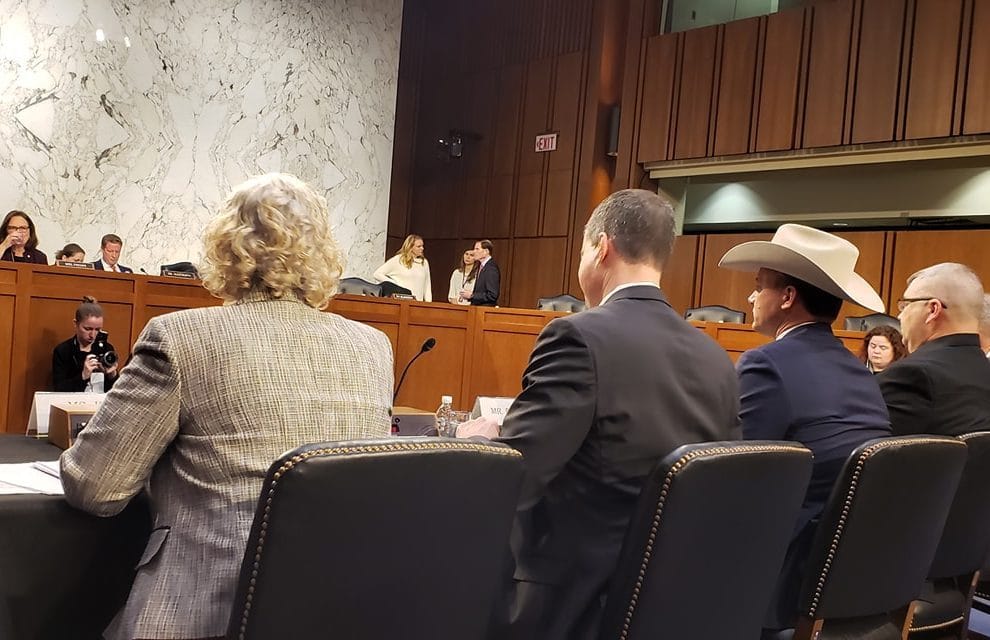Truck Safety Issues

Last Week Tonight with John Oliver: Trucks
Watch this to learn some of the fundamental issues in the trucking industry that adversely impact safety.
*Warning: Strong Language*
The Decision That Broke American Trucking
Watch this short 8-min video to understand why trucking is broken and unsafe, and more importantly, how to fix it.
Issues We Support
The Truck Safety Coalition supports data-driven safety solutions that will reduce truck crashes, prevent injuries, and save lives, such as:
Automatic Emergency Braking
Automatic Emergency Braking (AEB) is a collision avoidance technology that has been proven to reduce crashes and mitigate the severity of collisions. It has been successfully used by leading U.S. trucking companies and there is ample data and research to support its required use.
Underride Guards
Underride guards save lives. The federal government should require all trucks and trailers to be equipped with energy-absorbing rear, side, and front underride guards to protect car occupants and vulnerable road users from underride crashes.
Speed Limiters
Speed limiters have been built into most trucks’ engine control modules since the 1990s. This technology improves safety by reducing and mitigating truck crashes while improving a truck’s fuel efficiency, which is why leading motor carriers have required their fleets to be governed for years.
Minimum Insurance
The minimum insurance required per truck per event was set at $750,000 in 1980. Since then, that minimum has never been increased, not even to account for general inflation or medical-cost inflation despite the fact that truck size and weight limits and speed limits have increased significantly during this time.
Issues We Oppose
The Truck Safety Coalition opposes dangerous rollbacks and exemptions to proven safety rules, such as:
Longer and Heavier Trucks
Longer trucks are more difficult to maneuver around and more difficult to operate. Heavier trucks are more damaging to critical infrastructure and even more destructive when involved in crashes.
Teen Truck Drivers
Teen truckers will make our roads less safe. Data shows that teen drivers are 2.3 times more likely to be in a fatal crash and 3.5 times as likely to be involved in any police reported crash.
Agriculture Exemptions
Exemptions to federal motor carrier safety regulations compromise safety, erode uniformity, and weaken enforcement efforts.
Limits to Shipper and Broker Liability
Proposals to set a weak “national standard” for shippers and brokers are at such a low threshold that they would actually serve to reduce safety accountability.
Fact Sheets and Infographics
If you are looking for more information, take a look at our fact sheets and infographics that summarize key truck safety data and information.